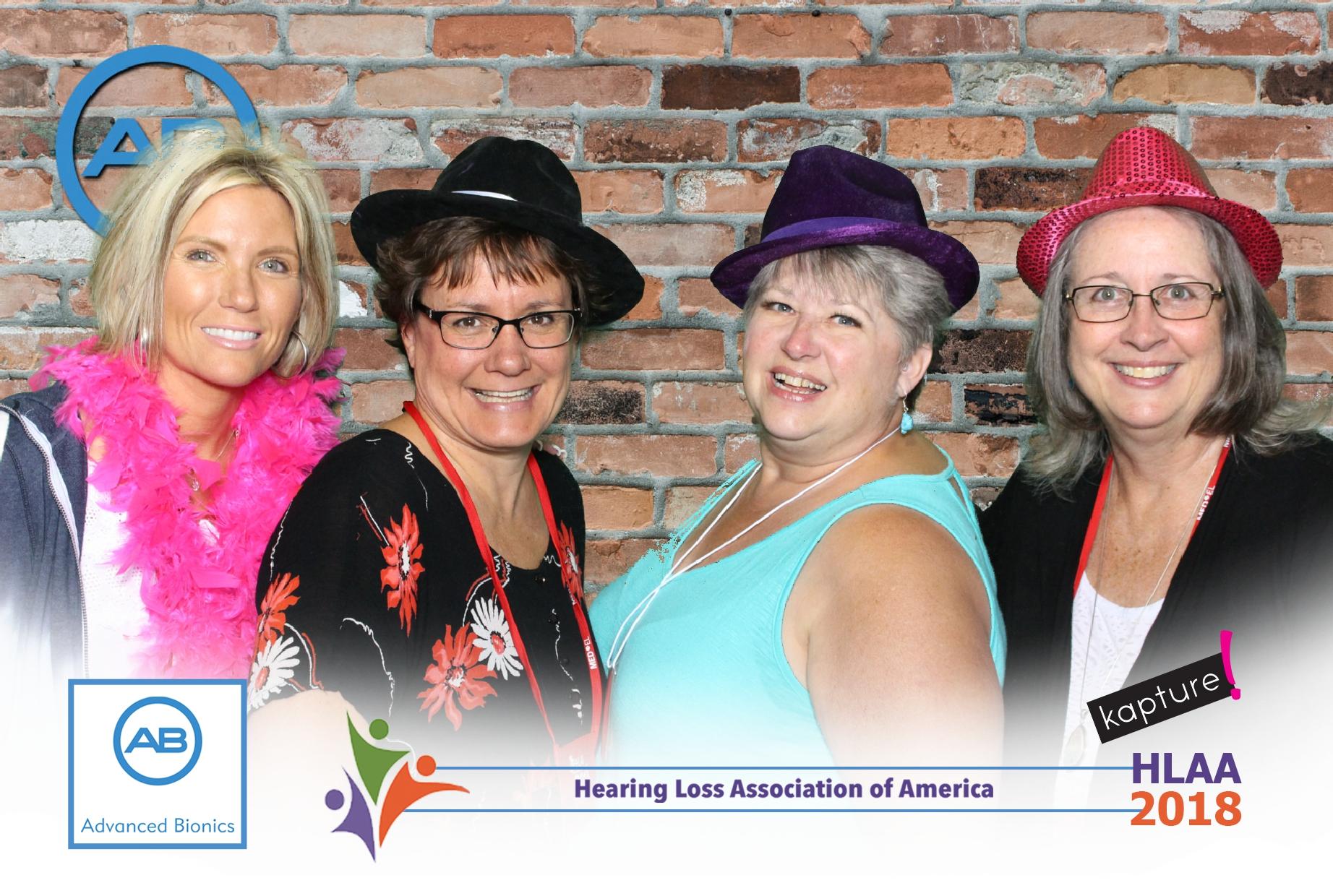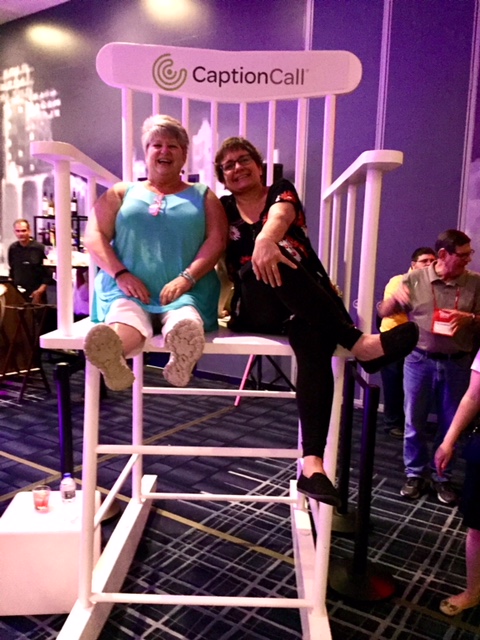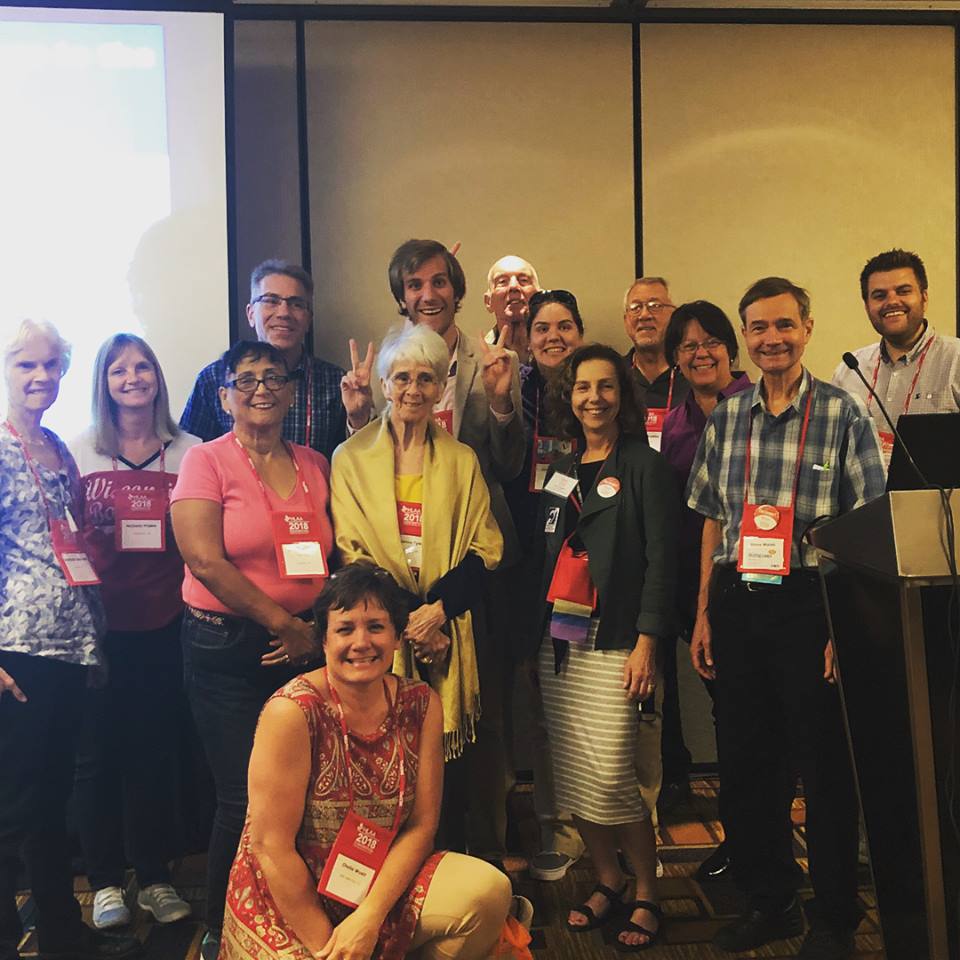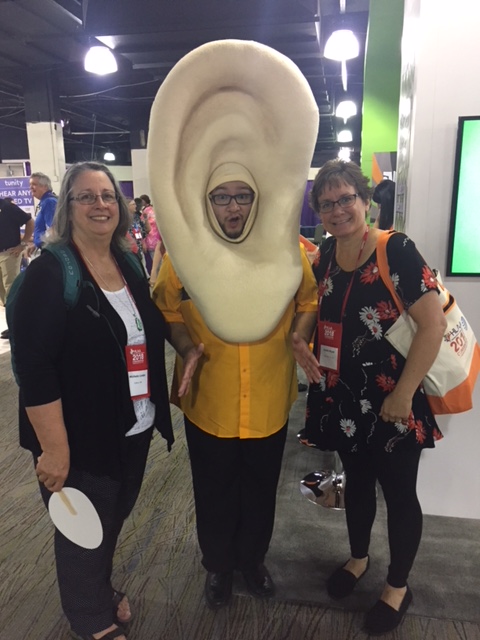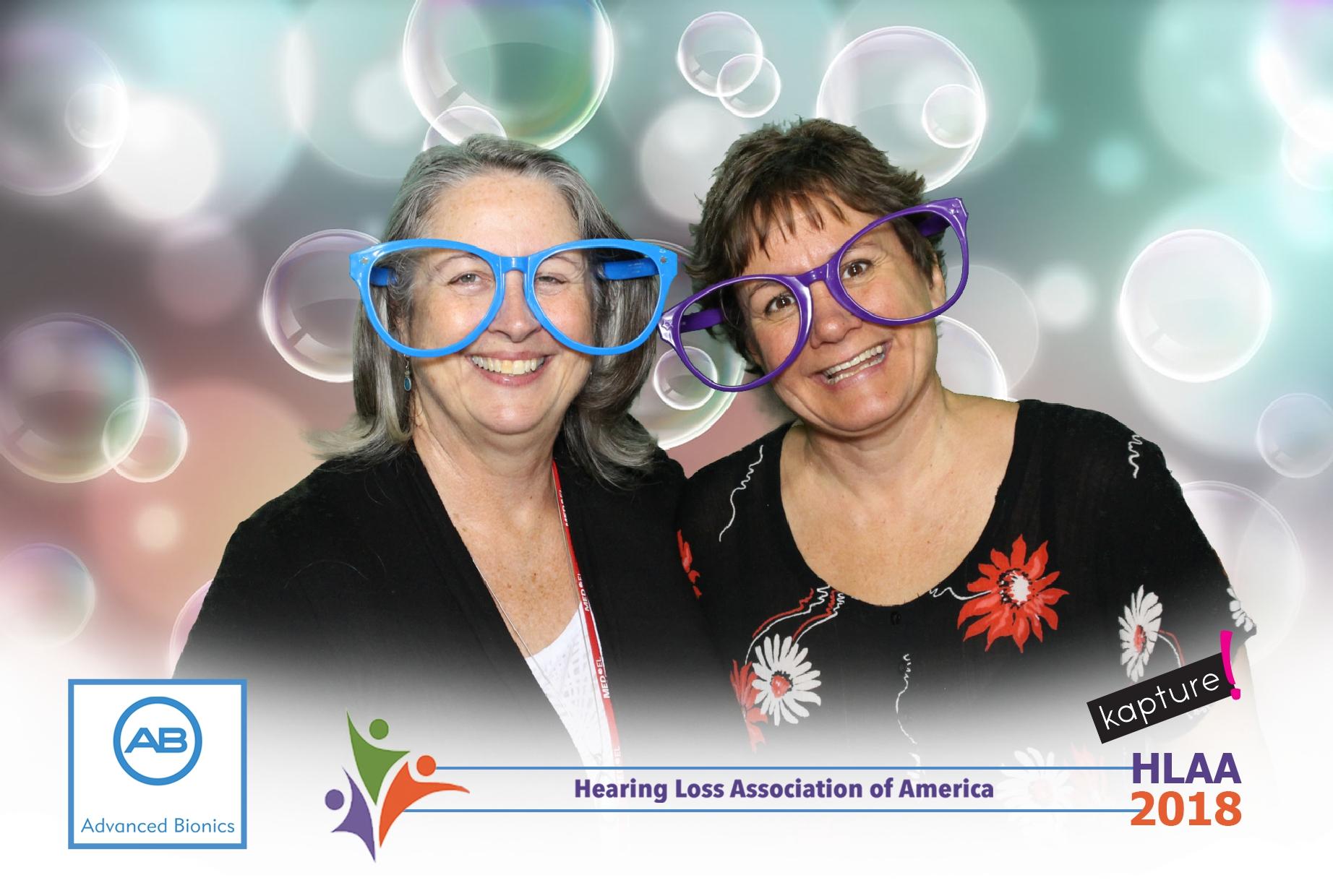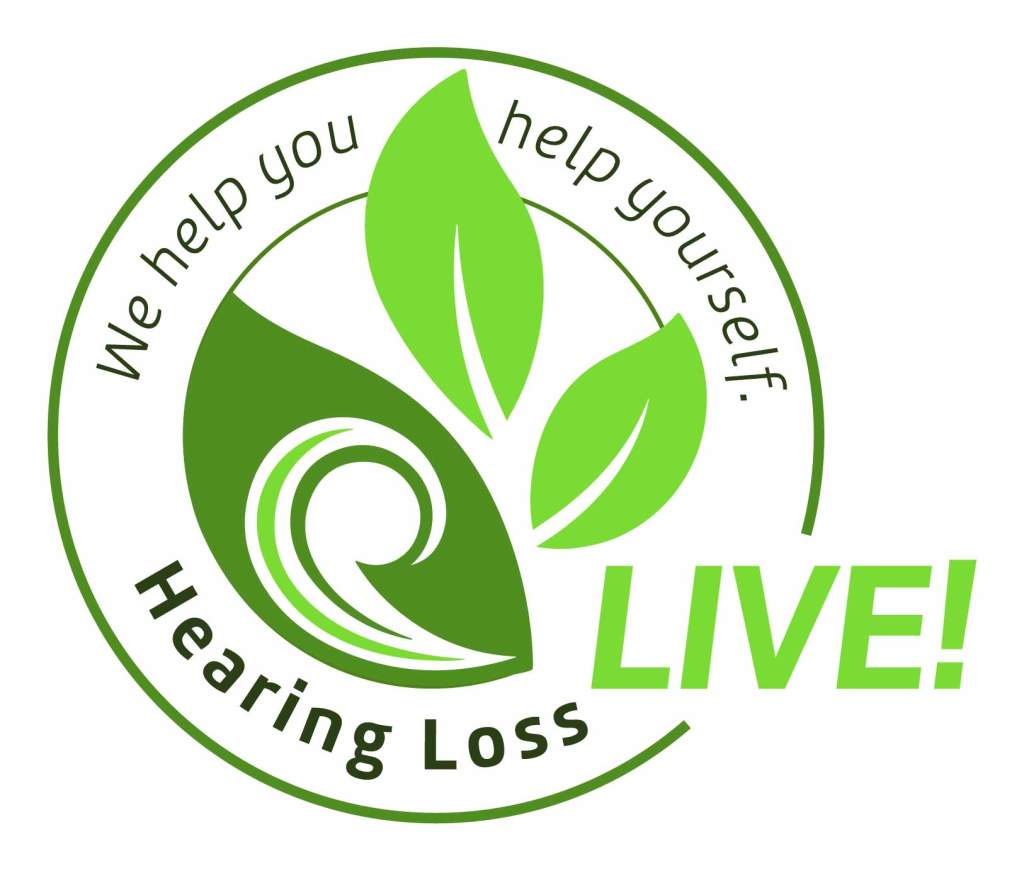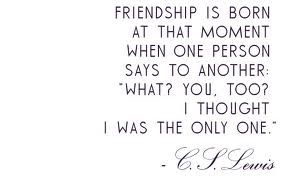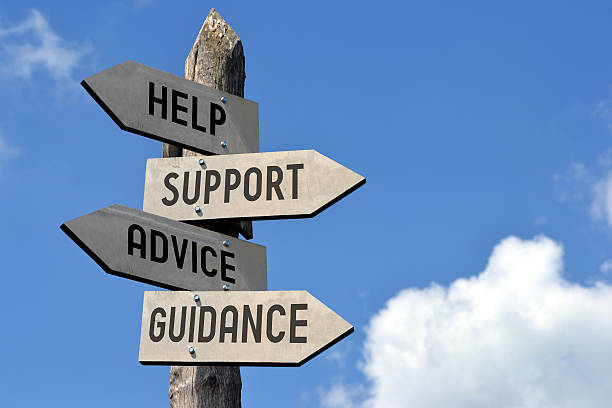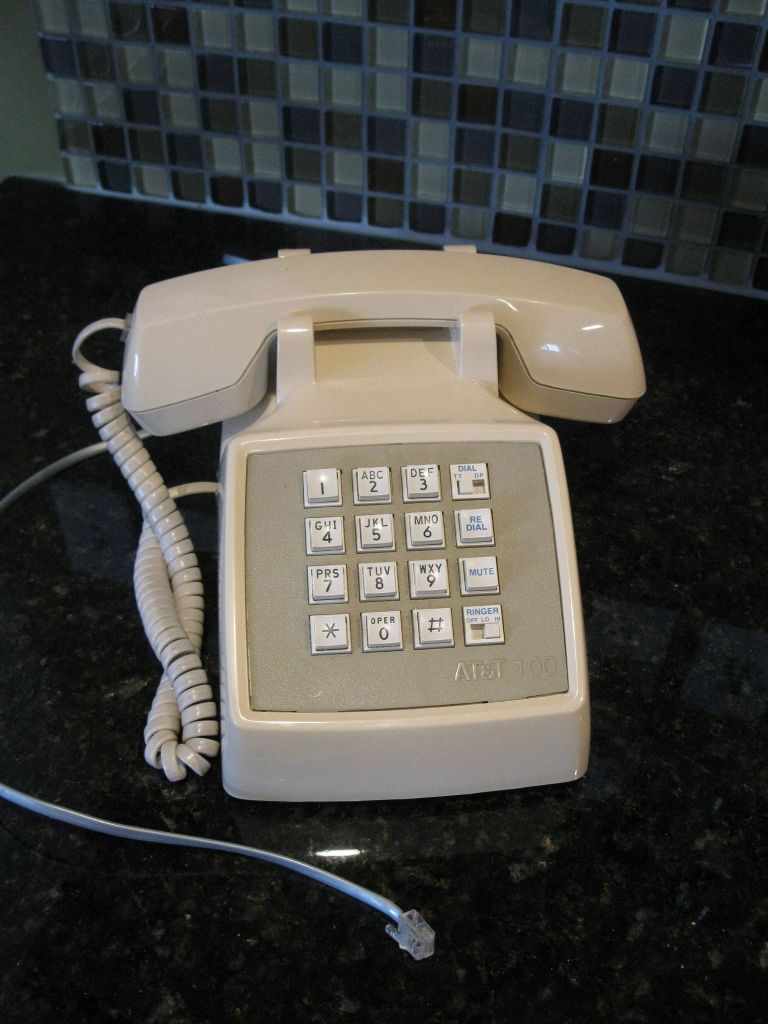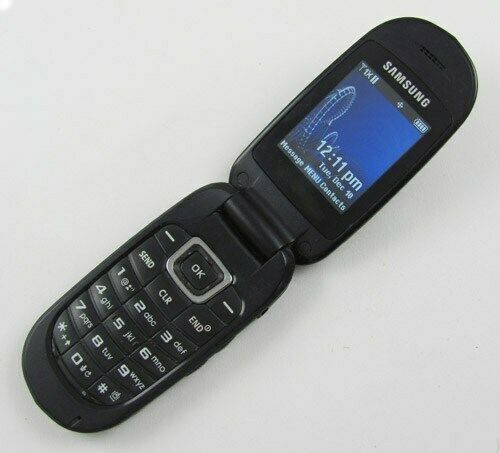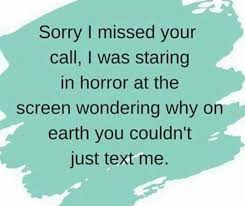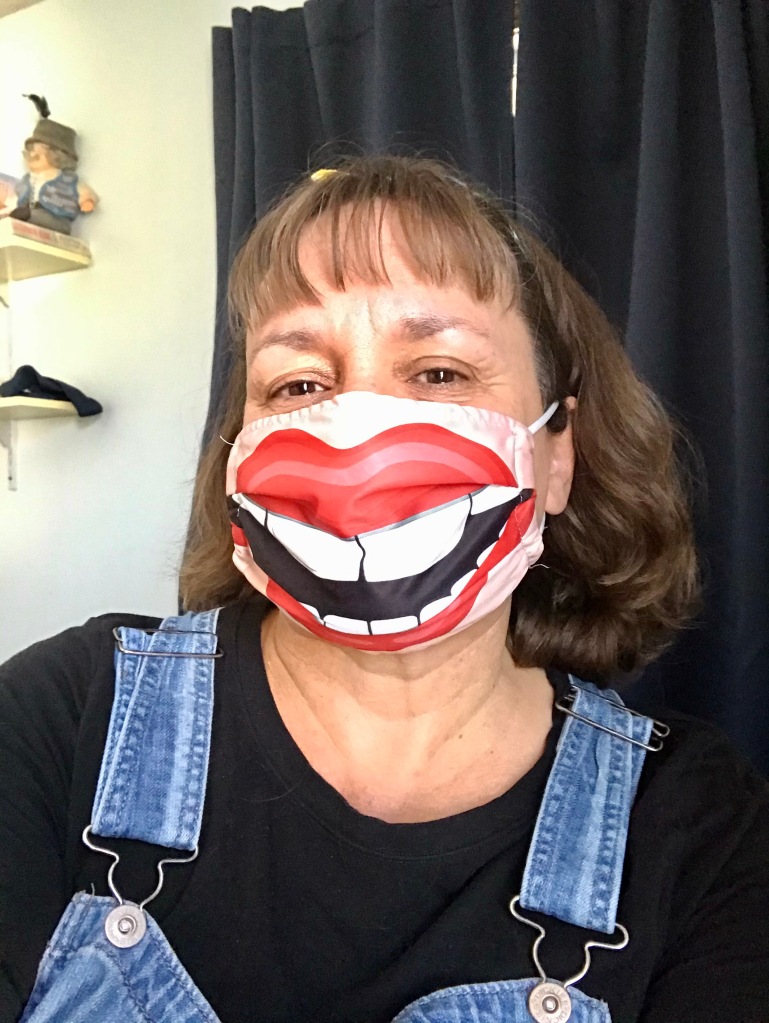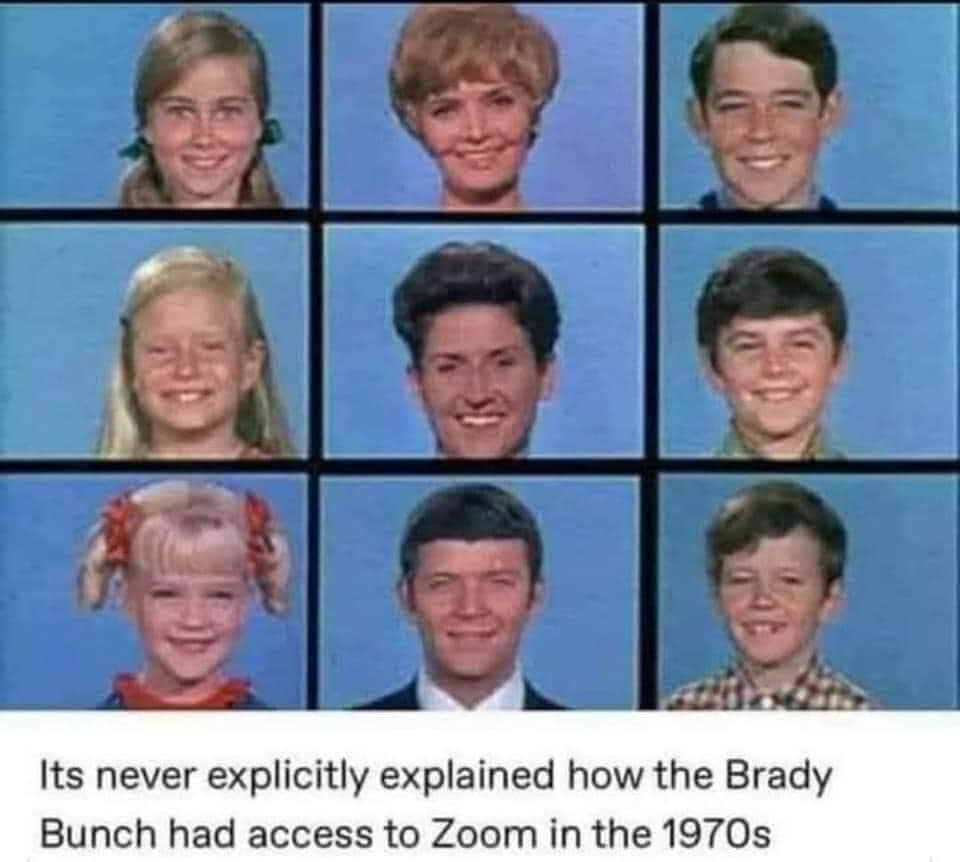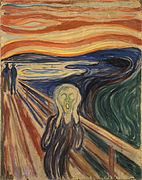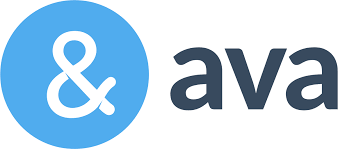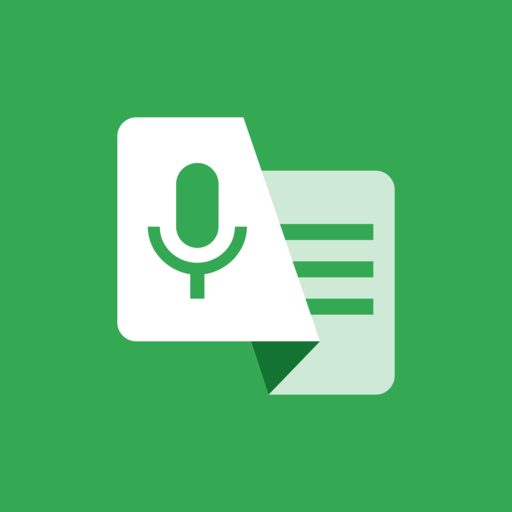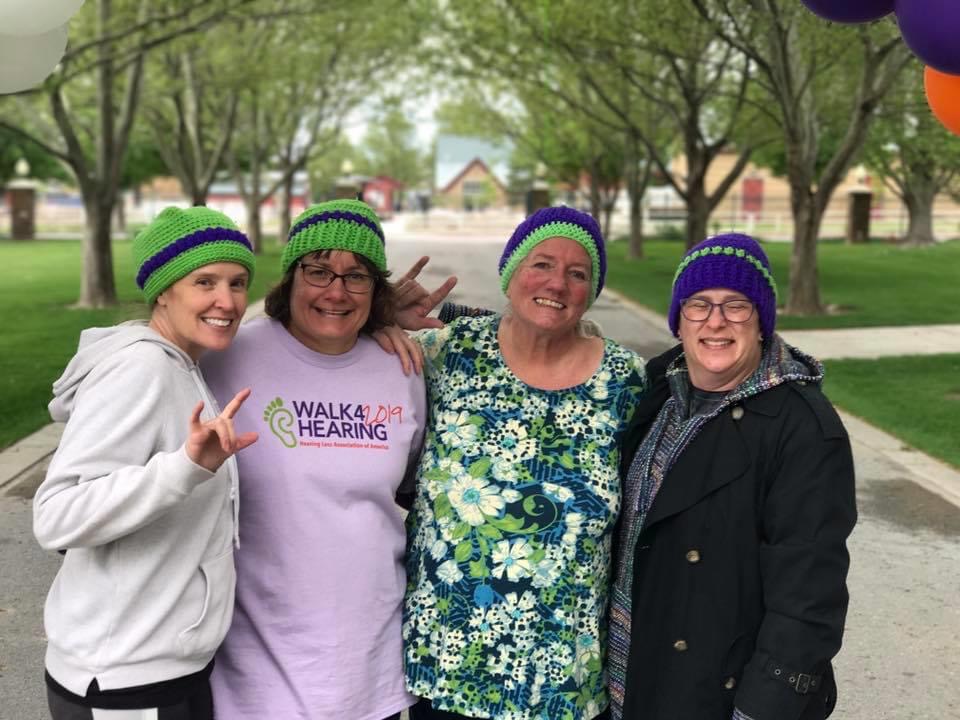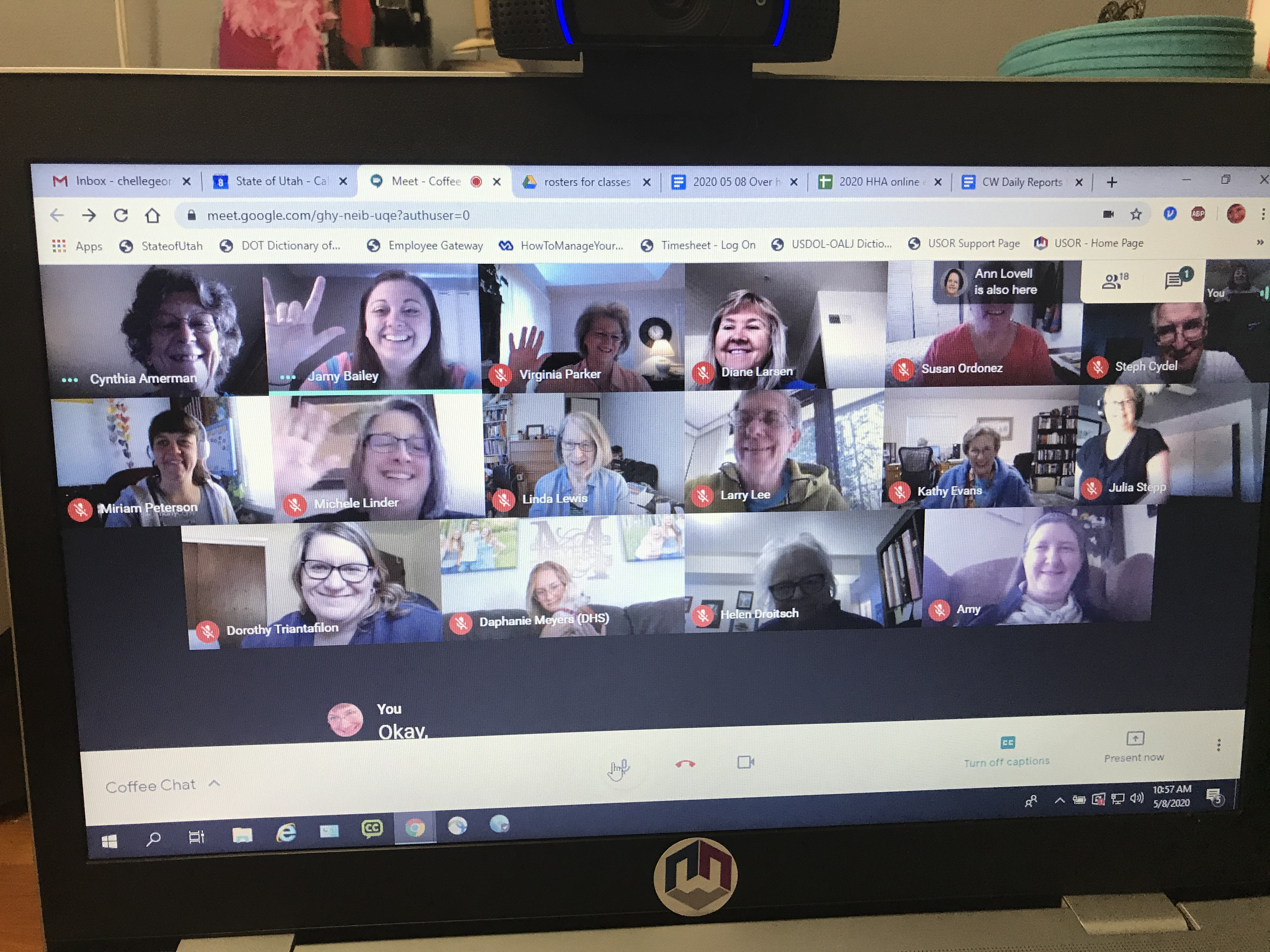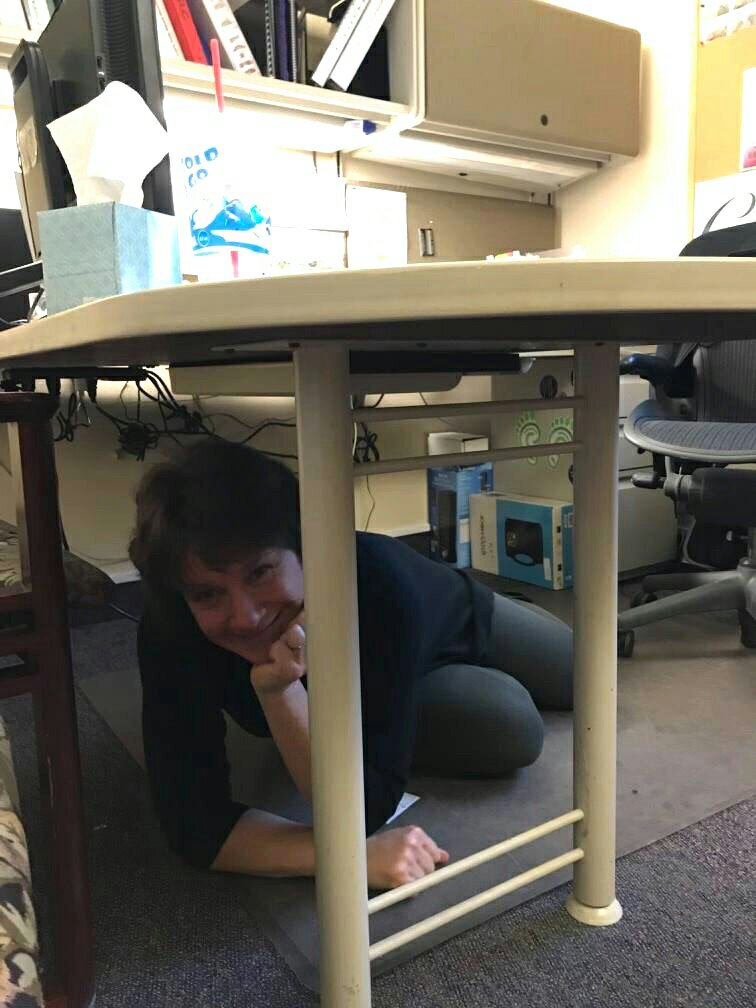I miss writing, a lot. I think I said that in my last post months ago.
My full time job is to assist others with hearing loss, I’m the Hard of Hearing Specialist. That’s a fancy title however it doesn’t mean I have it all down, I’m still learning and experiencing new situations.
Situation #1
A few weeks ago I was required to attend a 2 day training. Being mindful I requested CART (live captioning) in advance and even helped to hook them up with the CART provider we use. It was a smooth process, the state accepts that accommodations are needed at least in my department. I went in confident and came out feeling apart from the process even with the best accommodation. The source of the problem, a workbook.
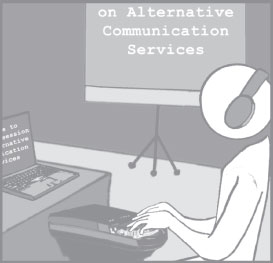
Only I didn’t have a screen, I was reading off her laptop.
It’s not just the workbook, it started off on the wrong foot. Usually when I go into a group I introduce myself and my hearing loss but that didn’t happen this time because this workshop was about getting outside of yourself and thinking as a team instead. They instructed us to get to know the person sitting next us and introduce them instead…and go! (About 20 people.)
The room erupted into so much noise I was rattled and had to take out my hearing aids so I could focus on the person next me. It was a woman and her voice was mostly out of my range so I had to keep turning around to look at CART until I got used to lipreading her. I was back and forth so much between her and CART that I could not properly introduce her. (Next time take notes.)
She did not properly introduce me either. I was upfront about my hearing loss with her, she saw my initial struggle after the room erupted into noise and was too nice to mention it during the introduction. She did say I came from the Deaf and Hard of Hearing center but didn’t say I was hard of hearing though it was kind of obvious I was getting some special attention with CART set up right beside me. I think she was trying to be politically correct and draw attention to me in that way. I’m not just a hearing loss but it is a map for communicating with me. (Next time go ahead and speak for myself after.)
The workshop progressed, we had new books and a workbook. It came down to writing in the workbook several times, a pause to write a bit then, “Go ahead and write while we keep talking.” That was just not possible. The first few times I rushed to get my thoughts down on the workbook, which we shared with the others at the table, only to have my thought process interrupted by voices. I hear enough to know people are talking but can’t understand what they are saying unless I’m looking, at either them or CART. So I watched CART and lost my chance to work in the notebook. After about the 3rd time I gave up trying to write in the workbook.
Teamwork was the key topic of the workshop and I was highly aware that I was not participating, it was depressing. Usually CART gave me the freedom to participate but because of a workbook I was not able to. How ironic. (Next time ask about about the training process so I’m better prepared.)
So I went home upset but it doesn’t take long for me to turn from pity party to how I can I make this better?
- Show up early and explain to the training leaders what’s happening on my end, how I cannot write and listen at the same time.
- Introduce myself properly to the other 2 at our table and explain why I have very little written in my workbook.
- Don’t stress the workbook anymore.
Which I did and felt much more relaxed on day two. I learned things, appreciated the books and someday soon maybe I’ll be able to look at the workbook more closely.
Situation #2
I attended the HLAA convention last week. I agreed to go to a breakfast with a group of people I hardly knew and I was excited to get to get to know them better to expand my network within the hard of hearing community.
First of all, I tend to see a lot of people I know at hearing loss conventions and I tend to want to stay up too late, soaking up being around those of my tribe. I stayed up too late the night before and then couldn’t sleep well the rest of the night. I went to the breakfast meeting over tired and you know what happens when you’re over tired with a hearing loss, right? It makes it a lot harder to concentrate, the brain doesn’t work fast enough piecing together sounds and in fact, it doesn’t work well at all. (Next time plan for more sleep, being well rested means a lot to a hard of hearing person.)
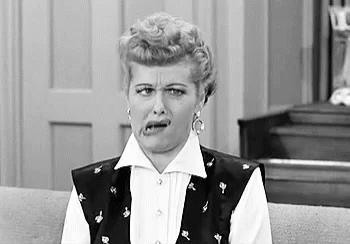
How I felt.
There I am walking to breakfast with everyone and there’s a lot of signing going on so again I feel my confidence sliding. I’m learning sign language and I’m nowhere near fluent. When I’m around the Deaf I tend to want to slink back into the shadows and then forget everything I know about sign. Here’s strike 2 right off the bat in this situation, I’m over tired and my sign is painfully slow. Sitting down in the restaurant without my usual alertness, I sat in the worst spot possible spot, the majority of my party were back-lit against a wall of windows. Strike 3, you’re outta there!
I think all of us were at least hard of hearing and hard of hearing people tend to vie for the same spot in restaurants, it’s a comedy to watch if in the know. So there I was trying to read sign and lips when I could, failing terribly and feeling very sorry for myself. I ate breakfast in silence watching the others and not feeling a part of the group at all. It’s not often that I feel like I’m in no-mans-land anymore, it used to be in the hearing world mainly but sometimes it’s the Deaf world too. I could not wait to get away.
Feeling frustrated with myself I went for a walk after to shake it off. Why did I not speak up for myself? When would I ever be fluent enough in sign, will I ever learn?What a sorry hard of hearing specialist I am.
After a mile or so, I forgave myself. I was over tired and if there’s a time I will break down its when I’m overtired, my brain simply doesn’t function as well. I am learning enough sign that I could follow some of the topics even if I didn’t know the why of the conversation so give myself a pat on the back for picking up a portion of it. I am improving if slowly. When I’m around other hard of hearing people I tend to start signing as I go and it comes naturally. When I around Deaf people I freeze so maybe it’s time to put myself in the path of more Deaf people at work to get myself over that hump.
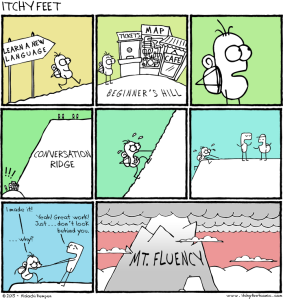
I’m not quite to conversation ridge.
In the space of two weeks I had two experiences that made sure to tell me I’m as much the student as I am a teacher. It’s always going to be that way. I learn from my failures and in working through them, which in the future build confidence even if I don’t feel it right this moment.
Now to lighten up with some favorite pictures from the convention because I really did have a good time!
